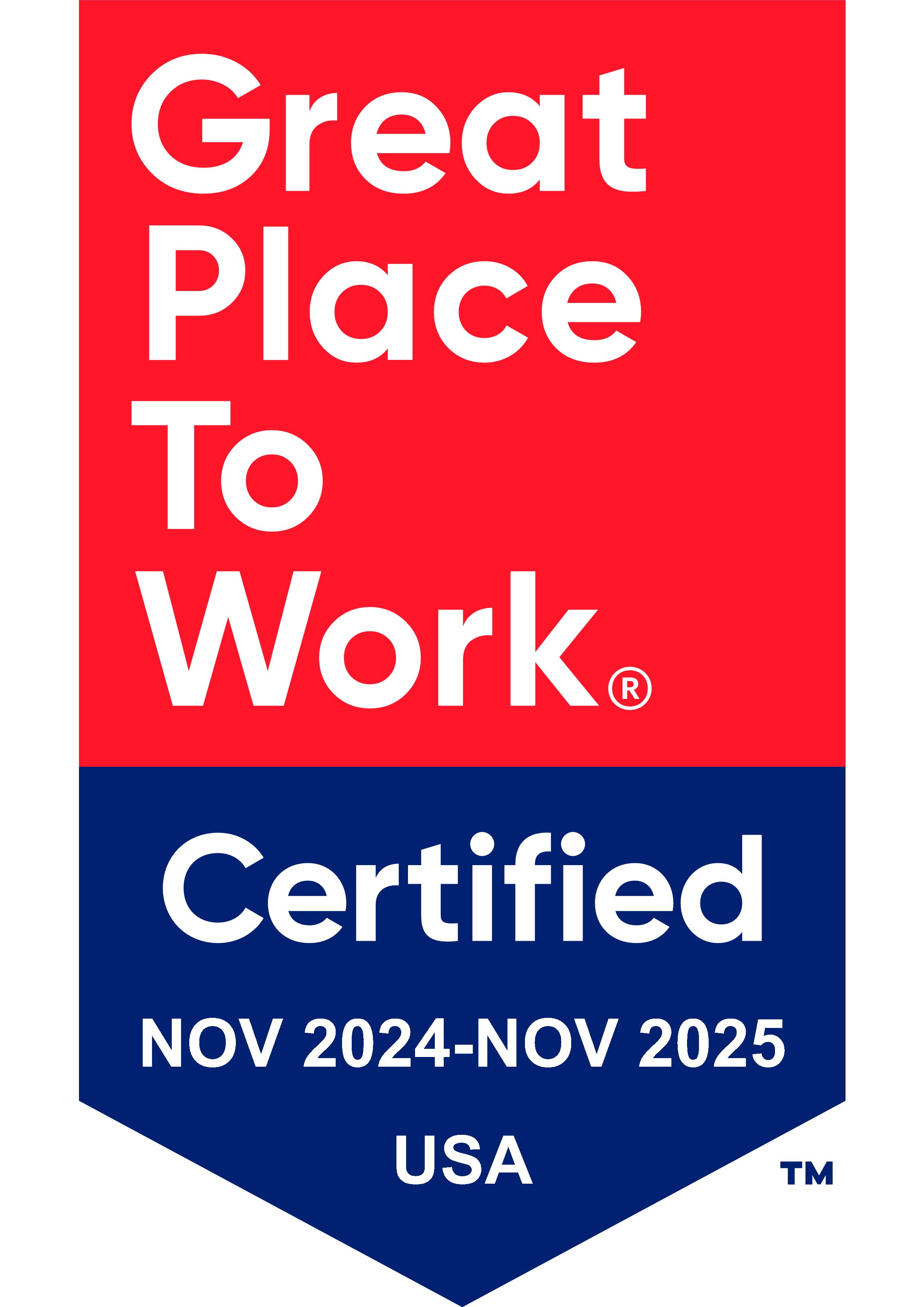
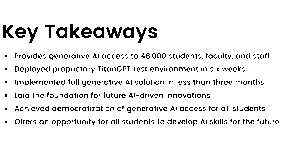
Executive Summary
California State University, Fullerton (CSUF), is collaborating with Cloudforce to provide free access to generative AI–powered tools across its campus. The university deployed Cloudforce’s proprietary nebulaONE® platform within its existing Microsoft Azure environment to create TitanGPT, which combines access to the latest AI tools within the university’s secure network. CSUF deployed a pilot version in six weeks, and it was available to all 48,000 students, faculty, and staff less than two months later, thereby enhancing the student experience and preparing for an AI-driven future.
Background
California State University, Fullerton (CSUF), serves approximately 43,000 students in Southern California. Founded in 1957, the university has rapidly expanded and now has the largest student enrollment in the California State University system. CSUF employs about 5,000 faculty and staff in support of the university’s mission to transform lives through innovative and quality education, research, and creative activities. Under the leadership of Dr. Amir Dabirian, provost and vice president for academic affairs, CSUF has embraced AI solutions and is committed to fostering digital equity with its Center for Equitable Digital Access, which provides all students with devices and access to innovative technologies.
Challenge: Preparing students for the future with equitable AI access
Generative AI is transforming higher education by creating new opportunities for colleges and universities to prepare their students for an AI-powered future. CSUF has long been at the forefront of incorporating AI capabilities to enhance the learning experience, including building cognitive computing into parts of its curriculum. With the release of ChatGPT, a publicly available generative AI–powered tool, Dabirian quickly recognized its transformative potential in democratizing generative AI access.
CSUF sought to offer all students an opportunity to develop their AI skill set, but leadership was concerned that many CSUF students would be unable to afford a monthly subscription fee to routinely access AI tools like ChatGPT. The university also wanted to encourage faculty to incorporate AI into curricula, with secure access to generative AI capabilities. “We want to be a technology-driven campus, but we want that technology to be available to everyone,” says Matthew Badal, senior director of enterprise applications, division of information technology, at CSUF.
In the fall of 2024, Dabirian began discussing an ambitious plan to develop a custom generative AI tool for CSUF with Microsoft. Microsoft referred Dabirian to Cloudforce, and Dabirian met with Cloudforce’s CEO, Husein Sharaf, at the EDUCAUSE annual conference. They discussed Cloudforce’s proprietary nebulaONE® platform, a fully managed, customizable, private cloud system. The university was excited to find an ally who could help it deploy a sophisticated, custom-branded solution in a timely manner.
CSUF had investigated several other options to meet its unique business needs and determined that nebulaONE® would meet those needs. “Every minute that we wait on a generative AI tool, we are behind in what we’re providing our students,” says Dabirian. “I loved the prospective speed of implementation with Cloudforce and nebulaONE®. The Cloudforce CEO said that they could create a solution in six weeks, and that’s exactly what happened.”
Solution: Moving from concept to test environment in six weeks
At the end of October 2024, the university began working with Cloudforce on an ambitious plan to deploy a custom generative AI agent, TitanGPT, by the beginning of the next semester. CSUF already had a cloud-based environment with Microsoft Azure and added nebulaONE® into its existing infrastructure, giving CSUF the ability to access Azure OpenAI in Foundry Models. CSUF also uses Microsoft Entra ID for access management. “We can give it the security we want with our own authentication system through Entra ID, and our students can use the latest generative AI tools, which is a win-win,” says Dabirian.
We can give it the security we want with our own authentication through Entra ID, and our students can use the latest generative AI tools, which was a win-win.
Dr. Amir Dabirian, Provost and Vice President for Academic Affairs, California State University, Fullerton
About six weeks later, CSUF was ready to test a pilot version of TitanGPT with a small group of university employees. Then, in early January 2025, CSUF rolled out TitanGPT to faculty and staff. By January 21, it was open to the student body, fulfilling the university’s commitment to making generative AI accessible across the student population.
“We had a very professional group of people to manage the implementation from start to finish,” says Dabirian. “If we wanted to do this ourselves, it would have taken a year or more. To be able to move this forward in the time we did was absolutely amazing.”
We had a very professional group of people to manage the implementation from start to finish. If we wanted to do this ourselves, it would have taken a year or more. To be able to move this forward in the time we did was absolutely amazing.
Dr. Amir Dabirian, Provost and Vice President for Academic Affairs, California State University, Fullerton
Throughout the process, CSUF worked with Cloudforce to develop and deploy TitanGPT. The university and Cloudforce had frequent technical calls, where the Cloudforce team would walk CSUF through specific tasks. “We did a weekly call to keep the cadence running,” says Badal. “But between those weekly calls, we could reach out with specific questions on technical setup or nebulaONE® product setup, and they would get back to us.”
Results: Democratizing secure AI access for 48,000 people
With TitanGPT, CSUF is achieving its primary goal of democratizing generative AI access for its students, faculty, and staff, a user base of about 48,000 people. The solution provides students and faculty with access to the latest generative AI tools and answers routine questions about the university. “With TitanGPT, our students get the best of both worlds,” says Badal. “They can tap into the power of GPT-4o from OpenAI to access up-to-date, publicly available information—including real-time web content—while knowing that their own conversations are kept private and secure within our Azure environment.”
With TitanGPT, our students get the best of both worlds. They can tap into the power of GPT-4o from OpenAI to access up-to-date, publicly available information—including real-time web content—while knowing that their own conversations are kept private and secure within our Azure environment.
Matthew Badal, Senior Director of Enterprise Applications, Division of Information Technology, California State University, Fullerton
The university can scale its solution with Cloudforce’s pay-as-you-go model. “We can open TitanGPT up in different ways and at different times to students, faculty, and staff, managing the cost as we go along,” says Dabirian.
Conclusion: Driving future AI innovation with TitanGPT
For CSUF, empowering students to work with generative AI is key to preparing them for an AI-driven future. “Generative AI is moving at the speed of light, and we need to have those tools available for students so that we don’t fall behind as an institution,” says Dabirian.

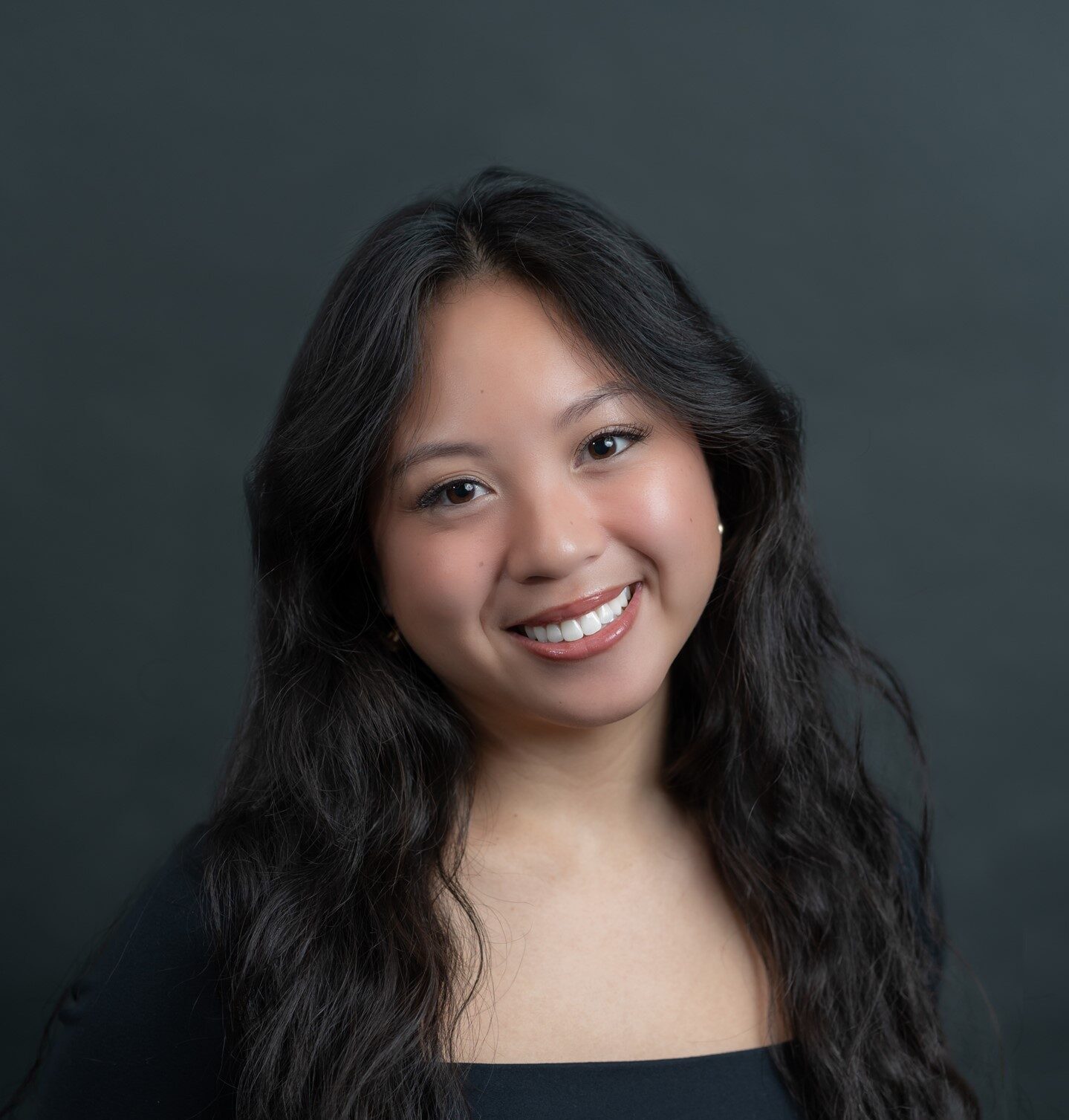 by
by 



















